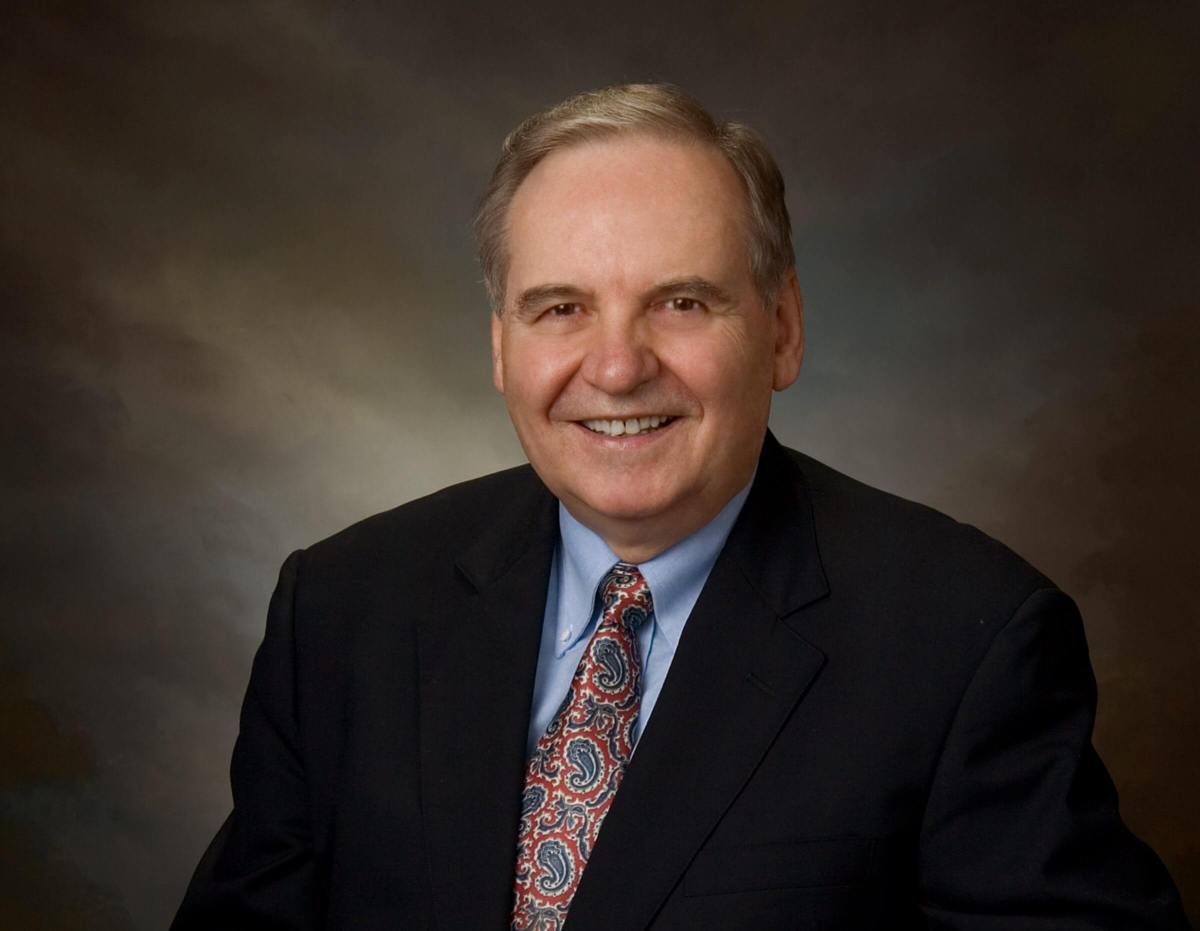Is the moral argument classical apologists use similar to that which presuppositionalists use?
I just saw Jeff Durbin using something like the moral argument(you believe in materialism therefore you have no standard as you're just matter in motion,etc.) in a debate. So are there arguments like the moral argument where VanTillianism and Evidential apologetics overlap? Is the only difference that presuppositionalists demolish atheistic presuppositions before they present evidence or something?
I just saw Jeff Durbin using something like the moral argument(you believe in materialism therefore you have no standard as you're just matter in motion,etc.) in a debate. So are there arguments like the moral argument where VanTillianism and Evidential apologetics overlap? Is the only difference that presuppositionalists demolish atheistic presuppositions before they present evidence or something?




